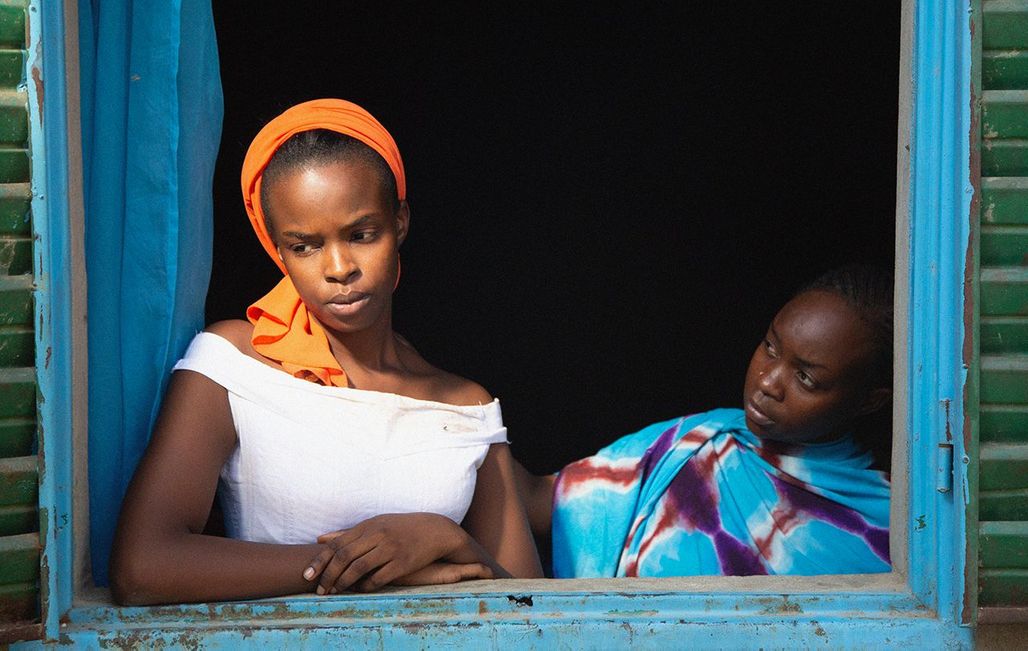
Lingui, an homage to the women of Chad

After Un homme qui crie (A Screaming Man), Jury Prize winner in 2010, Grigris, in Competition in 2013, and Hissein Habré, une tragédie tchadienne (Hissein Habré, a Chadian Tragedy), an Out of Competition documentary from 2016 about the scars left by the dictatorial regime of the former head of state, comes Lingui (Lingui, the Sacred Bonds), a feminine drama in Competition shot in Chad. In his latest feature film, Mahamat-Saleh Haroun once again has Mathieu Giombini doing the cinematography and has opted for suggestion rather than denunciation in his depiction of the social reality of the women of his country, where abortion is illegal.
What is lingui? This term used in Chad means “bond” and symbolises living together, a kind of mutual aid that developed “so that the other doesn’t collapse, an idea of solidarity that comes from tradition”.
By examining the relationship between Amina (Achouackh Abakar Souleymane) and her only daughter, 15-year-old Maria (Rihane Khalil Alio), the Chadian invites us to understand lingui and for the first time has made a film centring on female characters. After exploring father-son relationships in Un homme qui crie (A Screaming Man), Mahamat-Saleh Haroun provides an in-depth look at the social reality of his country through a fascinating portrait of women, taking up the question of social protection in a country where it does not exist. Proof of this can be seen in the “family code” project that was meant to function as a sort of family planning that would help women in terms of pregnancy and contraception. It was never implemented. The solidarity of the women of Chad is subtle and discreet, but it is a real phenomenon and stands in opposition to the patriarchal foundations of this society. The director has conceived his film as an homage to combative and free women, taking inspiration from his grandmother. Women who don’t hesitate to take on thankless tasks, like Amina, whom we see making furnaces called kanouns.
In this new feature film, the director has favoured the unspoken over sermonizing, obliging the spectator to do the work of empathy. An example of lingui.


